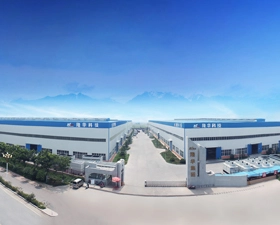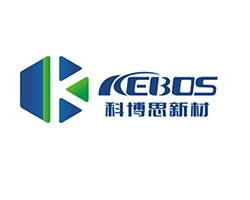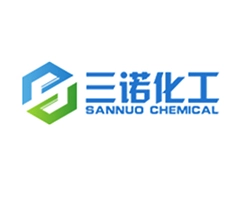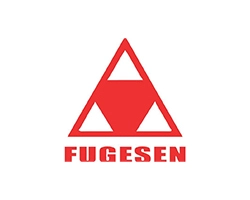The operating principle of titanium cold-rolled sheet involves a series of complex material transformations that occur during the cold rolling process. This process involves compressing and flattening a titanium metal slab using a rolling mill at room temperature. During cold rolling, the titanium sheet is passed through a series of rollers that reduce its thickness and increase its length. The compression of the titanium sheet results in a plastic deformation of its microstructure, causing the grains of the material to rearrange themselves and become more elongated.
This deformation results in an increase in the strength and hardness of the titanium sheet while maintaining its ductility. The resulting titanium sheet has improved mechanical properties, uniform thickness, and a smooth surface free of defects. Cold-rolled titanium sheet also has superior corrosion resistance, which makes it suitable for use in harsh and corrosive environments.
Overall, the operating principle of titanium cold-rolled sheet is based on the unique properties of titanium, which allow it to undergo complex material transformations during cold rolling and result in a material that is stronger, more durable, and more resistant to corrosion.
The main difference between hot-rolled and cold-rolled titanium sheet is the process used to create each type. Hot-rolled titanium sheet is produced at high temperatures, typically above 1,000°C, while cold-rolled titanium sheet is produced at room temperature, typically below 200°C.
Hot-rolling involves heating a titanium ingot until it is malleable and then passing it through a series of rollers, compressing and flattening it to the desired thickness. This process often results in a higher degree of deformation and can produce larger sheet sizes. However, hot-rolled titanium sheets have a less-uniform thickness, and their surfaces may have a rougher finish.
Cold-rolling titanium sheet is a process that involves compressing and flattening a titanium metal slab to a specific thickness at room temperature. This process produces a material with a smooth surface, uniform thickness, and excellent dimensional accuracy. Cold-rolled titanium sheet has a higher degree of ductility and improved strength compared to hot-rolled titanium sheet.
Overall, the choice between hot-rolled and cold-rolled titanium sheet depends on the specific application's requirements. Cold-rolled titanium sheet is often preferred for precision applications, while hot-rolled titanium sheet is more commonly used in less-demanding applications that require larger sheet sizes.


 EN
EN
 jp
jp  ko
ko  fr
fr  de
de  es
es  it
it  ru
ru  pt
pt  ar
ar  tr
tr 
















































